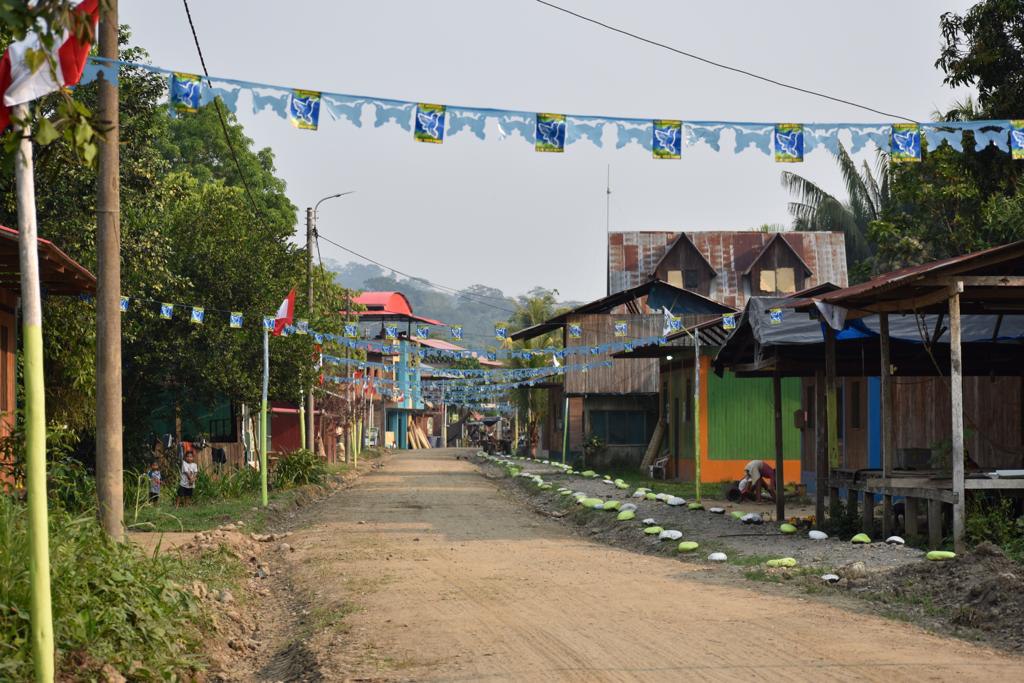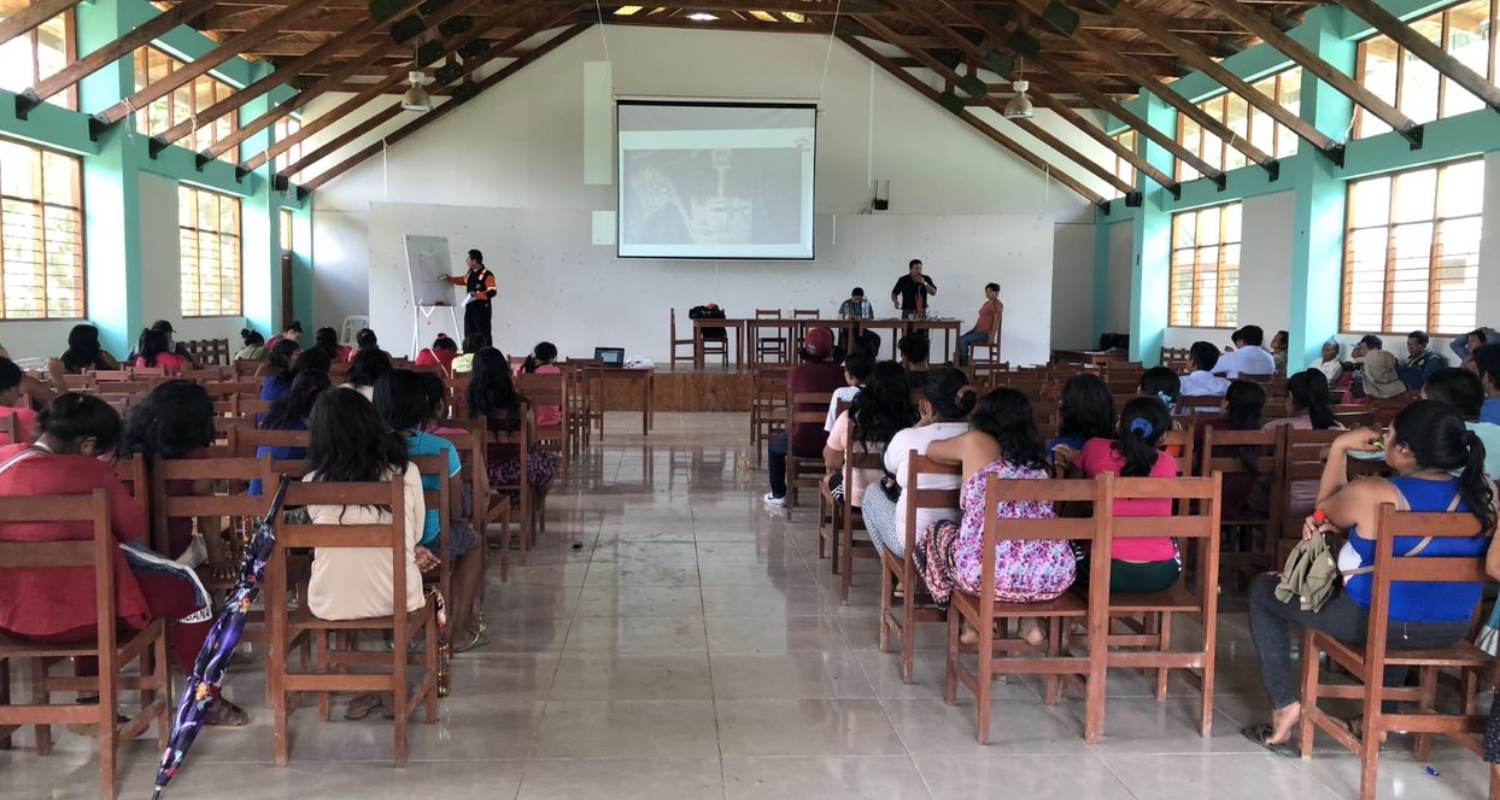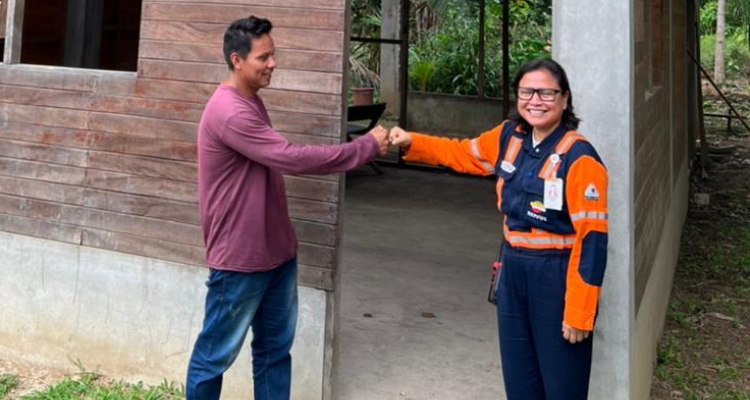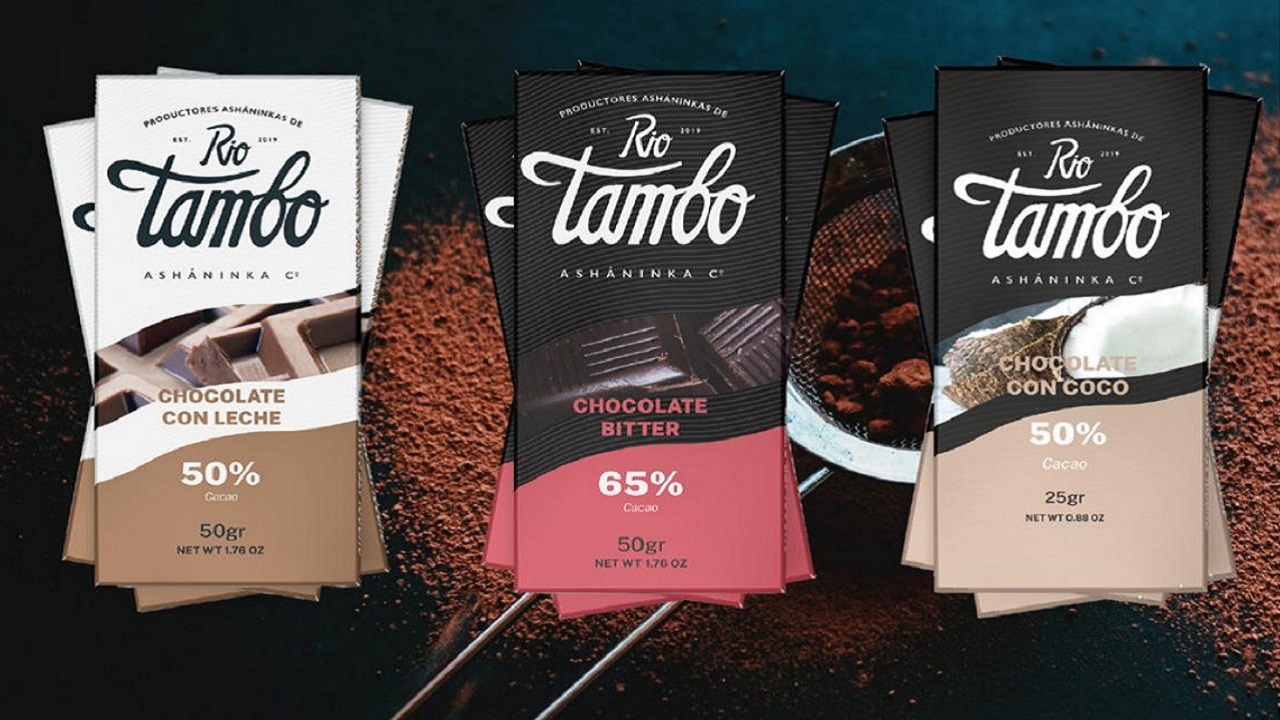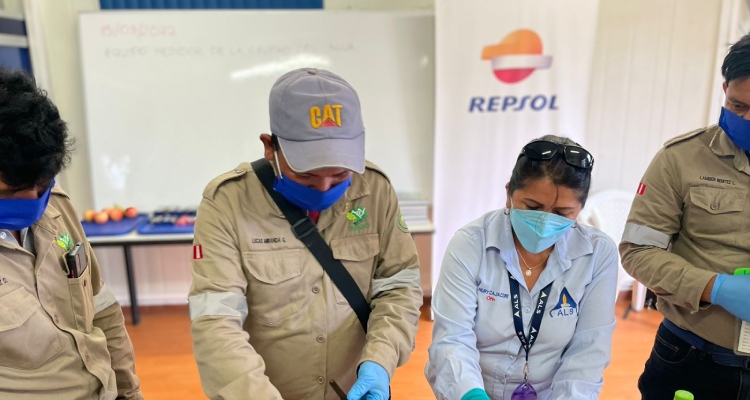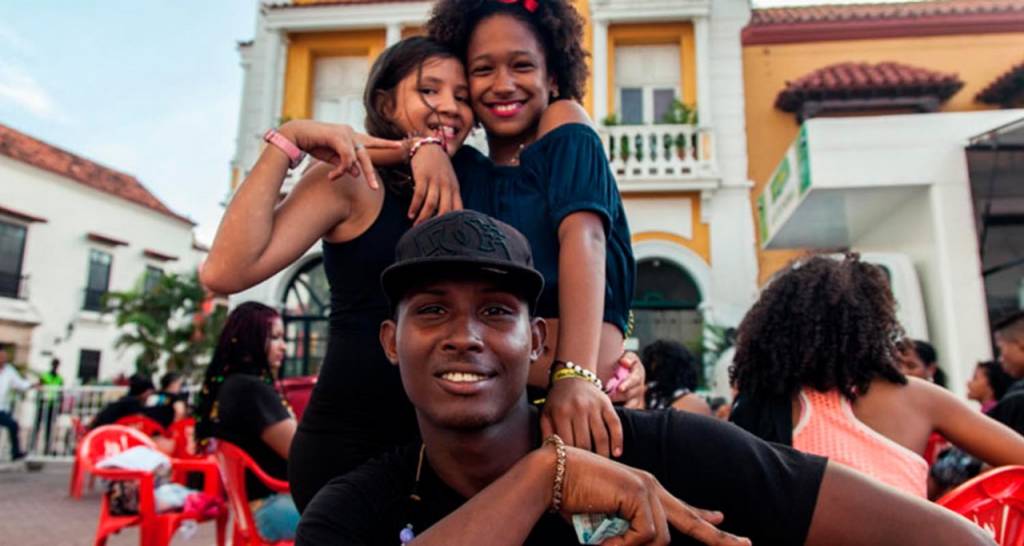Some of the projects carried out with the communities were:
Human rights due diligence in Block 57
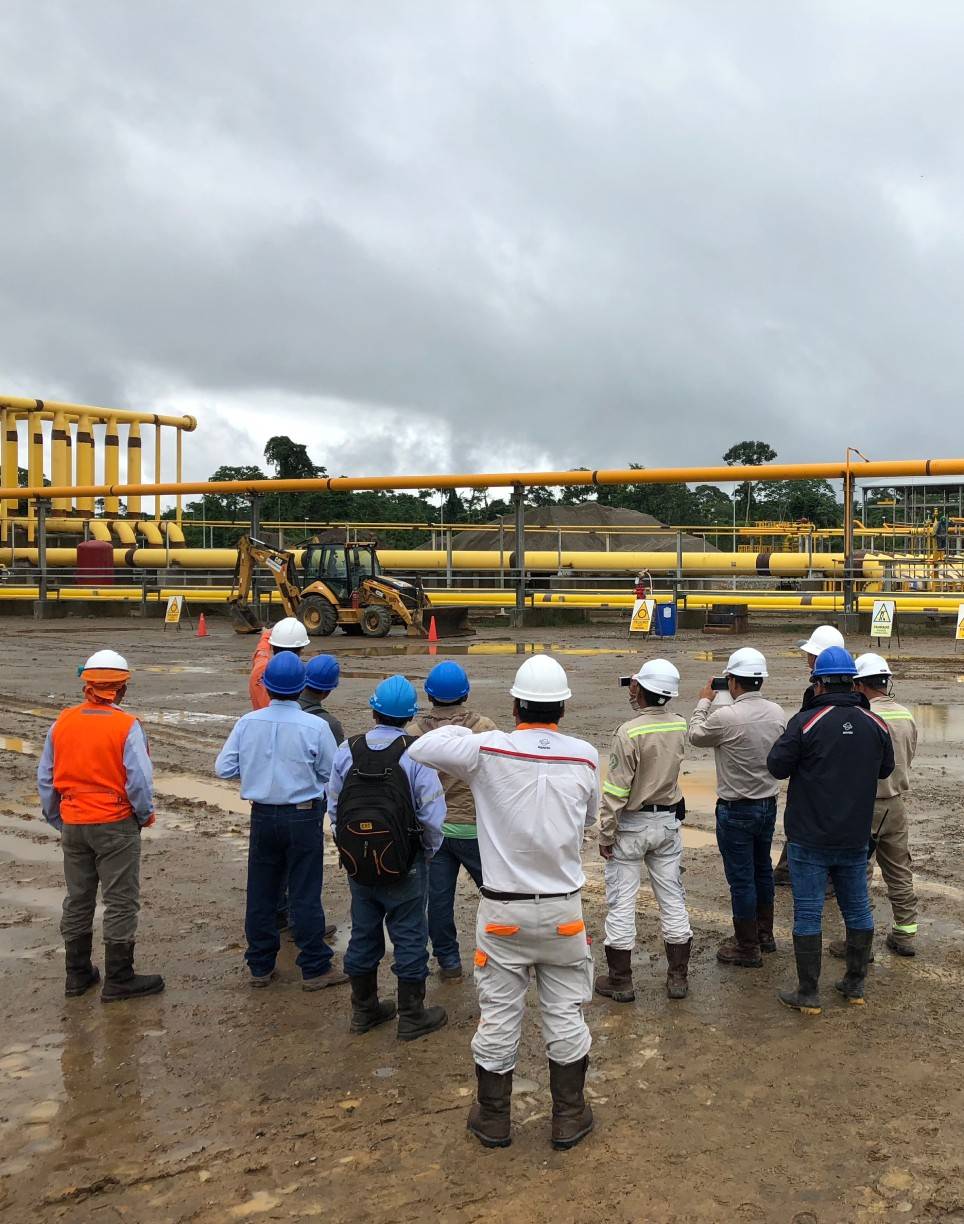
Social management in Block 57
In the area of influence of Block 57 live indigenous native communities from the Lower Urubamba, mostly belonging to the Matsigenka, Kakintes, Yines, and Ashaninka ethnic groups.
For the operation phase, we are moving towards sustainable coexistence, which is based on reputation and sustainability as viewed by employees, contractors, communities, and other strategic stakeholders due to an effective performance and relationship with them. In order to carry out this work, we count on several strategic pillars:
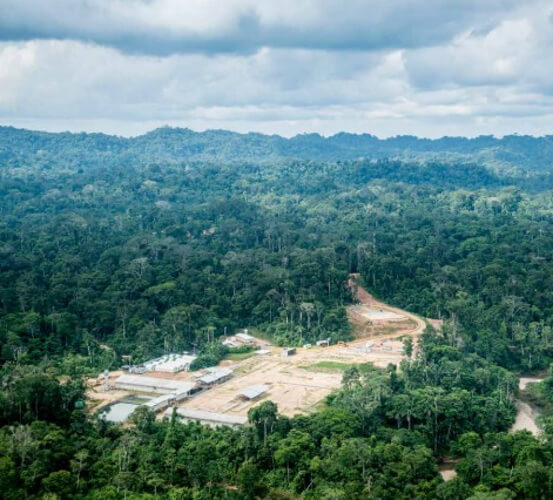
1. Impacts, risks, and opportunities management
Following the Human Rights Due Diligence process and meeting the company's commitments, a social baseline and a Human Rights Impact Assessment were developed in 2022.
These were carried out with the assistance of independent external experts who worked in the field with the participation of the communities and supporting the empowerment of the legitimately recognized authorities. As a result, it was the communities themselves who identified the impacts and the necessary mitigation measures.
We had the support of Mashiguenga and Ashaninka indigenous leaders who were in charge of implementing the surveys by conducting interviews with community leaders and chiefs, discussion groups, and traditional authorities. The study gathered the opinions from the interviewees, as well as the collective imaginary and worldview reflected in the discourse of the indigenous communities. This information was contrasted with focus groups in gatherings and meetings with the leaders and members of the communities of Nuevo Mundo, Porotobango, Kitepampani, Shivankoreni, Camisea, and Carpintero Kiriguetty.
The main social impacts were related to the ILO Convention No. 169, the United Nations Declaration on the Rights of Indigenous Peoples, the Convention on the Elimination of All Forms of Discrimination against Women, the Convention on the Rights of the Child, the International Covenant on Economic, Social, and Cultural Rights; and the International Covenant on Civil and Political Rights:
The communities proposed measures to mitigate the negative impacts and to enhance the positive. Those actions being carried out by Repsol Peru E&P to implement the mitigation measures proposed by the communities are aligned with the rest of the Social Management pillars.
The main actions related to the Impacts, Risks, and Opportunities Management pillar are:

